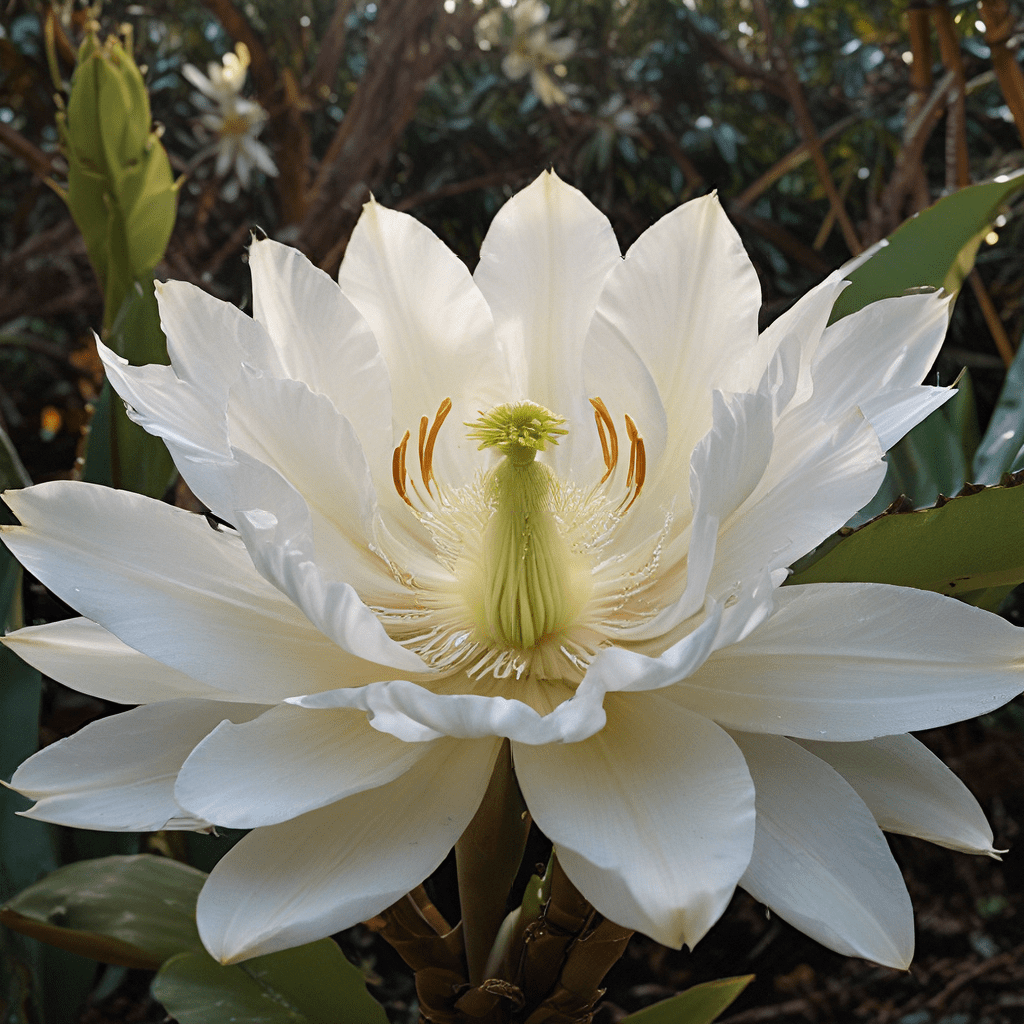The Concept of Fate and Fortune in Norse Mythology
1. Understanding the Power of Fate in Norse Mythology
In Norse mythology, fate plays a significant role in shaping the lives of both mortals and gods. The concept of fate, known as “Wyrd” or “Urd,” encompasses the idea that destiny is predetermined by the Norns, weaving the threads of life at the Well of Urd. This belief indicates that all events are interconnected, and each individual is bound by their fate.
2. The Role of the Norns in Shaping Destiny
The Norns are female beings who control the destiny of both gods and humans in Norse mythology. Urd, the eldest, represents the past; Verdandi symbolizes the present and necessity, while Skuld signifies the future and what is owed. Together, they oversee the past, present, and future, influencing the course of events for all beings in the cosmos.
3. The Influence of Fortune and Luck in Norse Beliefs
Fortune, referred to as “Hamingja” in Norse mythology, is the concept of personal luck or protective spirit that follows individuals. Those with strong hamingja were believed to be fortunate and successful, while those with weak hamingja faced challenges and misfortune. Luck played a crucial role in the prosperity and well-being of individuals in Norse society.
4. Embracing the Dual Nature of Destiny in Norse Lore
Norse mythology presents a complex interplay between fate and free will. While fate determines the overarching course of events, individuals still have the agency to make choices and shape their destinies within the framework provided by the Norns. This duality highlights the balance between predestined paths and personal actions in Norse belief systems.
FAQ: The Concept of Fate and Fortune in Norse Mythology
What is the concept of fate in Norse mythology?
In Norse mythology, fate is known as “Wyrd” or “Urðr,” representing the idea of destiny or the predetermined course of events that cannot be changed. The Norns are the goddesses of fate who weave the threads of destiny for all beings.
How is fortune perceived in Norse mythology?
Fortune in Norse mythology is intertwined with fate but includes elements of luck, chance, and prosperity. The concept of “Hamingja” refers to the personal fortune or luck that individuals possess, believed to be inherited from their ancestors.
Do Norse gods and goddesses also have fates?
Yes, even the gods and goddesses in Norse mythology are subject to fate. The concept of Ragnarök, the final destiny of the gods and the world, highlights that even the most powerful beings are not exempt from the forces of fate and destiny.
Can fate be changed in Norse mythology?
While the Norse believed in the power of fate, there are instances where individuals could alter their destiny through courageous acts or making choices that defied expectations. However, attempting to resist fate often led to tragic consequences in Norse myths.
